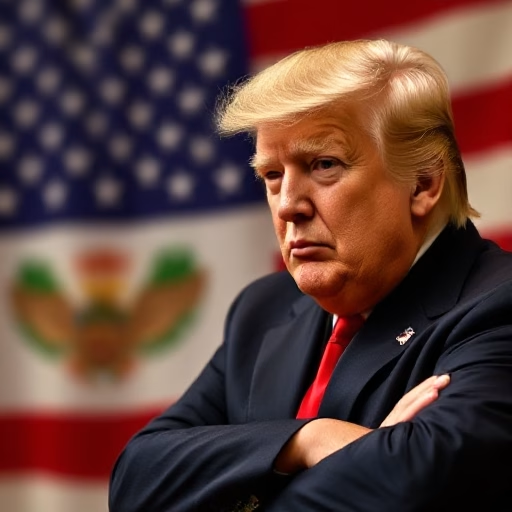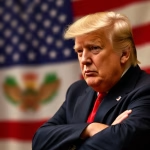With Donald Trump back in the White House in 2025, his policies continue to shape the U.S. cigar import industry. From trade deals to regulations, the impact of his administration on cigar imports is significant. Here’s how Trump’s return affects the market for cigars in the United States.
Cuban Cigar Ban Stays in Place
One of the most notable actions Trump took during his first presidency was the re-imposition of the Cuban cigar ban. Under Obama, Cuban cigars were allowed back into the U.S. But when Trump took office, he reversed those policies, citing national security concerns. As of 2025, this ban remains firmly in place.
Cuban cigars are still unavailable for legal purchase in the U.S., which continues to benefit other cigar-producing countries. Nations like the Dominican Republic, Nicaragua, and Honduras dominate the U.S. market, and their cigars remain the go-to choice for many American consumers.
Strengthening Trade Relations with Non-Cuban Producers
Trump’s focus on trade policies that favor American interests also strengthens relationships with non-Cuban cigar producers. Under his administration, the U.S. has maintained favorable trade agreements with top cigar exporters like the Dominican Republic and Nicaragua. These countries continue to see robust demand for their premium cigars in the American market.
This trend is expected to continue through 2025. As the U.S. market relies more on cigars from these nations, Trump’s “America First” approach helps secure trade deals that benefit both U.S. consumers and foreign cigar producers.
Boosting U.S. Cigar Production
Trump’s economic policies could also benefit domestic cigar production. Throughout his first presidency, he focused on lowering corporate taxes and reducing regulations, creating a more favorable environment for U.S. businesses. This trend is likely to continue in 2025, encouraging more U.S.-based cigar companies to expand and thrive.
American-made cigars are expected to see more demand, both from domestic consumers and international markets. As the industry grows, more job opportunities and economic benefits will arise within the U.S. cigar sector.
Ongoing Regulatory Challenges
Despite Trump’s pro-business stance, the cigar industry still faces challenges, particularly with the Food and Drug Administration (FDA). The FDA has long held regulatory power over tobacco products, including cigars. Under Trump, the administration has taken steps to ease some regulations, but cigar-related rules remain a key issue.
For example, flavored cigars have faced growing scrutiny. It’s unclear how Trump will address this issue in 2025. Industry insiders are hoping for fewer restrictions, but the future of FDA regulations could still pose challenges for cigar producers and consumers alike.
The Role of Tariffs
Trump’s use of tariffs is another factor that affects the cigar market. While some cigar-producing countries benefit from favorable trade deals, others could face higher import duties. These tariffs might increase the cost of certain cigars, ultimately impacting prices for U.S. consumers. It’s possible that some cigar brands could see a rise in cost due to changes in trade policies.
However, trade agreements with countries like Nicaragua and the Dominican Republic could help keep prices stable. In the long run, the success of these agreements will play a big role in the availability and cost of cigars in the U.S.
Donald Trump’s return to the presidency in 2025 continues to have a strong influence on the U.S. cigar import industry. The Cuban cigar ban remains, leaving non-Cuban cigars as the dominant choice in the U.S. market. Trade policies favoring key cigar-producing countries, a boost to U.S. cigar production, and ongoing regulatory concerns are all shaping the future of the industry. With these factors in play, the cigar market is set to evolve as Trump’s policies continue to unfold.






I hope that the tariffs don’t effect an already pricey market.
Thanks for your comment! Yes, let’s hope not!